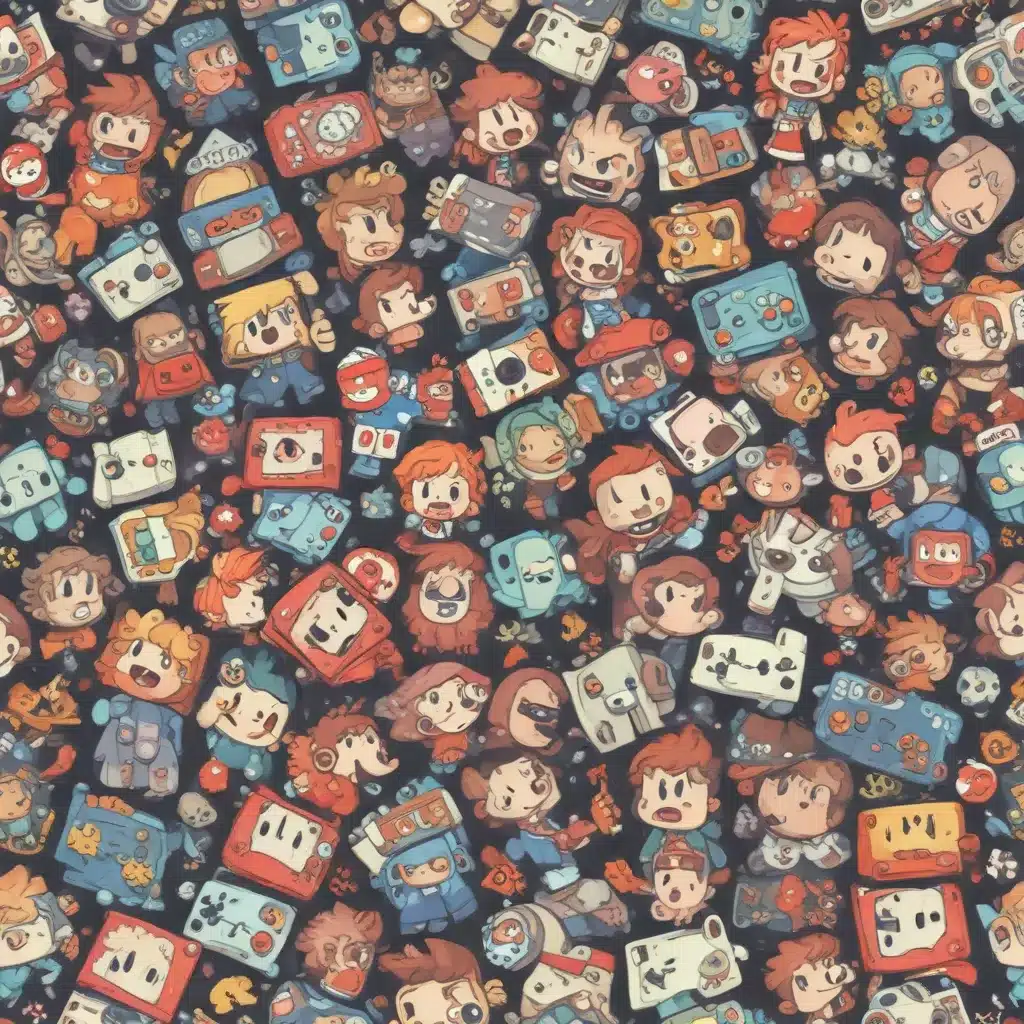
The Power of Nostalgia in Gaming
Nostalgia has long been a driving force in the gaming industry, captivating players and shaping the evolution of beloved franchises. As technology advances and new gaming experiences emerge, the pull of nostalgia remains a powerful influence, both for developers and passionate fans.
In the ever-changing landscape of the gaming world, the impact of nostalgia cannot be overstated. Developers often find themselves walking a fine line between embracing the familiar and introducing innovative elements, as they strive to balance the demands of longtime fans with the need to attract new players.
One prime example of the double-edged sword of nostalgia can be seen in the Dragon Age franchise. As a dedicated fan shared on the r/dragonage subreddit, the community can at times be divided by a strong attachment to the past. While some players eagerly anticipate each new installment, hoping for a fresh take on the series, others cling to the specific mechanics and storytelling of earlier games, rejecting any significant changes.
This phenomenon is not unique to Dragon Age; it is a common challenge faced by many game developers. Players, fueled by their fondness for the past, can become resistant to evolution, creating a tension between innovation and tradition. As the Redditor eloquently noted, “I really don’t want to play a game in the 2020’s that follows the principles of a game made in 2009.”
The Pitfalls of Pandering to Nostalgia
The gaming industry’s temptation to pander to nostalgia is understandable, as it can be a reliable way to engage existing fans and tap into a sense of familiarity. However, this approach is not without its risks, as evidenced by the debacle surrounding the reintroduction of McDonald’s Szechuan sauce, a promotional item from the 1998 film “Mulan.”
When the popular animated series “Rick and Morty” made a passing reference to the long-discontinued sauce, it ignited a frenzy among the show’s dedicated fanbase. McDonald’s, seizing the opportunity, brought the sauce back for a limited run, only to be woefully unprepared for the overwhelming demand. The result was a chaotic and at times dangerous scene, with fans resorting to disruptive behavior and even calling the police, all in pursuit of a nostalgic product.
As Mark McCarthy, a staff writer for The Weekly Rage, aptly noted, “Never bring a product back for a very small but vocal group, they will never be satisfied with the limited offering and will complain like a bunch of entitled brats.” This cautionary tale serves as a stark reminder that blindly catering to the whims of a passionate, but potentially toxic, fan base can have dire consequences.
Striking a Balance: Embracing Nostalgia Thoughtfully
While the risks of pandering to nostalgia are evident, the gaming industry cannot simply ignore the power of this emotional connection. The key lies in striking a delicate balance between honoring the past and embracing the future.
Successful game developers understand the value of incorporating nostalgic elements in a way that feels organic and meaningful to the player experience. This might involve subtle nods to beloved characters or gameplay mechanics, or the introduction of new features that seamlessly blend the old and the new.
Take the case of the “Guild Wars” community, which, as the Redditor mentioned, has also grappled with the tensions between nostalgia and progress. By carefully considering the needs and preferences of their long-standing fans while simultaneously introducing innovative content, the developers have managed to maintain a dedicated following while attracting new players.
The most effective gaming experiences are those that find a way to honor the past while propelling the medium forward. This requires a deep understanding of the target audience, a willingness to listen and respond to feedback, and a commitment to creative, thoughtful design.
Fostering a Healthy Fandom
Ultimately, the influence of nostalgia on the gaming industry is a complex and multifaceted issue. While it can be a powerful tool for engaging players, it also carries the risk of creating toxic, entitled fan bases that can disrupt the very experiences they claim to cherish.
As an industry leader, it’s crucial to approach nostalgia with a measured and strategic approach. This might involve actively fostering a healthy, inclusive fandom, one that celebrates the past while embracing the future. By cultivating a sense of community and mutual respect, game developers can harness the power of nostalgia without succumbing to its pitfalls.
At https://itfix.org.uk/, we believe that the key to navigating the influence of nostalgia lies in a deep understanding of both technology and the human experience. By staying attuned to the evolving needs and desires of gamers, and by leveraging innovative solutions to enhance the player experience, the gaming industry can strike a delicate balance between honoring the past and shaping the future.
Embracing the Future While Respecting the Past
As the gaming industry continues to evolve, the role of nostalgia will undoubtedly remain a significant factor. However, the most successful developers and franchises will be those that can skillfully integrate nostalgic elements into a forward-looking vision, creating experiences that captivate both longtime fans and newcomers alike.
By fostering a culture of open communication, active listening, and thoughtful design, the gaming industry can harness the power of nostalgia to drive innovation and create truly transformative experiences. In doing so, they can build a future where the joy of the past coexists harmoniously with the excitement of the present and the promise of what is yet to come.












